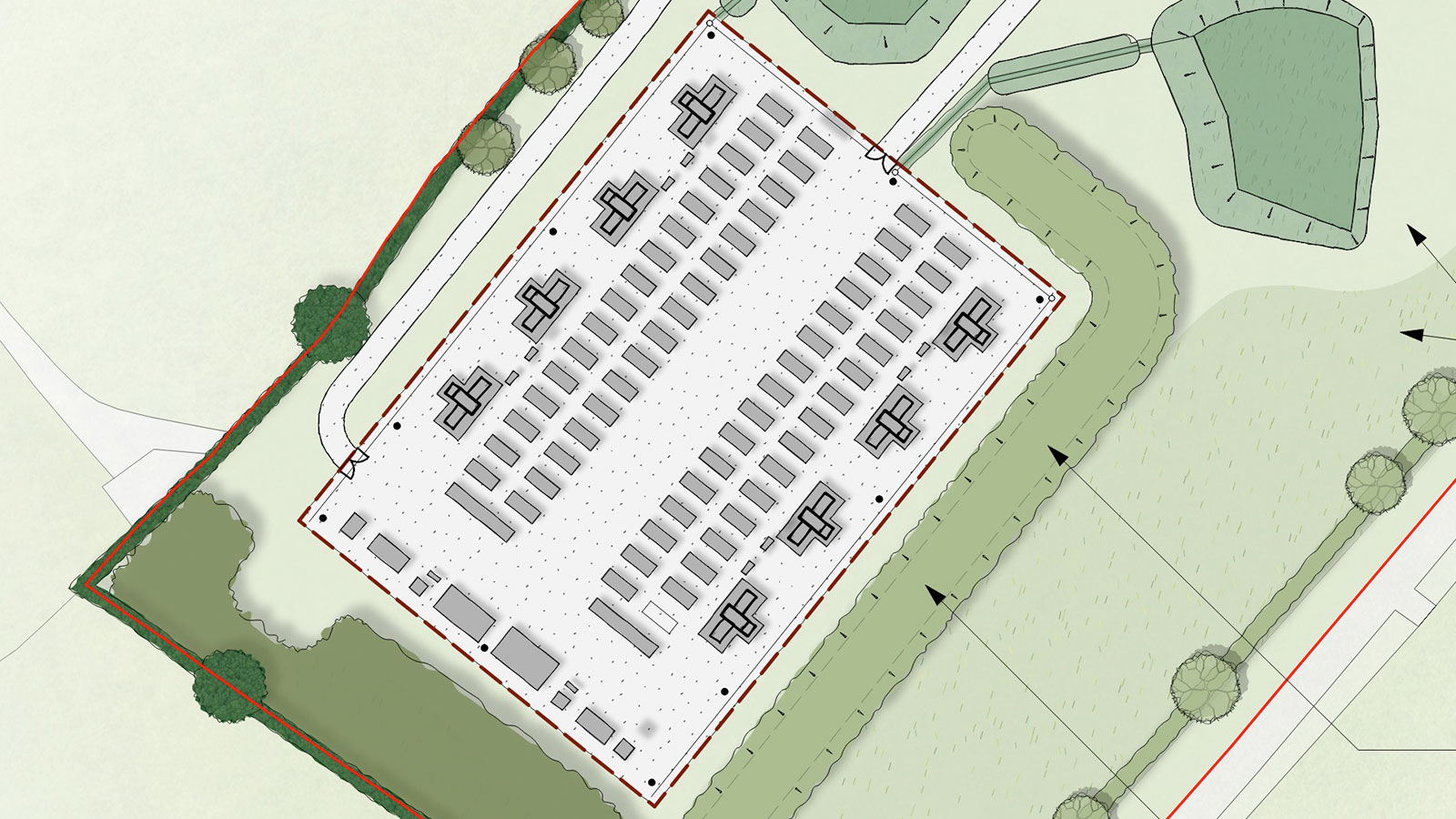RES has submitted a planning application for an energy storage facility intended to support grid stability on Northern Ireland’s network.
Located near Killymallaght substation, approximately 2.5km southeast of Newbuildings, Co. Derry/Londonderry, the project aims to enhance the grid’s ability to manage supply and demand fluctuations.
Energy storage systems will be key to Northern Ireland’s strategy for achieving net zero, providing solutions for balancing intermittent renewable generation and responding swiftly to demand spikes or supply interruptions.
However, such schemes can invoke strong rebuke from local communities, with a proposed energy storage site just outside Claudy, which is the other side of Londonderry to the scheme put forward by RES, receiving strong opposition from residents.
That’s why RES has previously attempted to work closely with local communities to gather feedback before submitting planning applications, as was the case for its Dunmill energy storage scheme in Scotland.
The Killymallaght proposal has similarly undergone detailed site surveys and pre-application consultations to address potential impacts on the environment, landscape, heritage, and local communities.
Peter Deeney, Development Project Manager at RES, commented, “One of the key points raised during local consultation on this project was the importance of screening the site. The proposal will include earth bunds with native planting as well as infill hedgerow planting to reduce visibility and enhance biodiversity.”
“We also received questions about whether the site may pose a risk to food security by preventing livestock grazing. In reality, one of the biggest risks to food security is climate change; energy storage schemes like Killymallaght can enable and accelerate the rollout of renewable energy – directly tackling the effects of climate change.”
If approved by Derry City and Strabane District Council’s Planning Committee in the upcoming months, construction is expected to commence shortly thereafter and be completed within 12 months.

